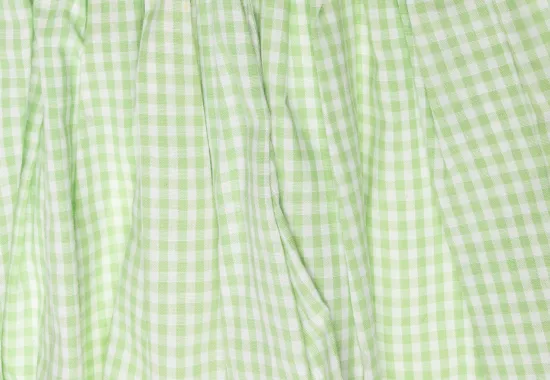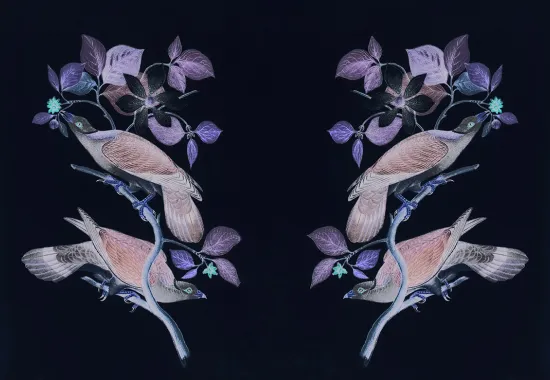Heather Sellers on the creation of "I Swam Where Johnny was Tarzan" from issue 298.2
I was at work on a second memoir, a book about my father, to follow You Don’t Look Like Anyone I Know, the memoir I’d written about my mother, when my father died. Dumbstruck and grief-stricken, I lost my way in writing the memoir and I had to tell my editor I was unable to work. Grief, it seemed, prevented me from writing lines that went all the way over to the right side of the page. I found it suddenly impossible not only to write prose but to read prose and, for the first time in my life, I felt untethered from sentences. It was as frightening and disorienting as the sun dimming or trees turning to blue. I slept 15, 20 hours a day. Sleep-walking, nightmares. Awake, the pain was physical. I couldn’t integrate the fact of his death. All of this was puzzling, surprising, mysterious to me, for I thought myself well-prepared. He was eighty, and quite ill. But for months and months I couldn’t sleep, couldn’t eat, couldn’t read, couldn’t write.
I spent the late summer penciling fragments, just putting words next to other words. Sometime I wrote words on cards and arranged cards on the coffee table. Cards with words showed up in the kitchen, the bathroom, the hallway; I taped them to the walls. If squirrels wrote poetry, this would be the process. Each fragment organized itself, like metal filings, magnetized by my father. As I looked at my notes and markings, I found, again to my complete surprise, beauty in this ancient country, grief. While I was a tax-paying resident in that strange, painful foreign country, I wanted to note what I could.
I was living in an apartment in Manhattan that summer, and a poet friend stayed downstairs, and we began to trade pieces—lines, words, starts, prompts—on a near-daily basis. Often we’d each show up with a new set of lines only to discover we’d unwittingly both chosen to write about eggplants, or we both had used images of Mary, or a lot of red. It was as though the poems were speaking to each other and we were simply along for the ride. Poetry was my treatment that summer and the intimacy of the exchange of raw work was the light I steered by in one of the darkest places I have ever been. To have poetry enter domestic life while contemplating the pornographic, profane, and violent life I’d lived with my father, our poems shuttling up and down the stairs from her first floor to my fourth floor on the Upper East Side—it was an exquisite summer of friendship and creativity, a nest of beauty set against a horrifying backdrop.
By the end of the summer I had perhaps twelve poems, and, unbeknownst to me at the time, many more dark hard months to get through. And, also unbeknownst to me, a book manuscript in the making. Instead of telling in prose the dangerous story of father, a man who seems to resist the bounds of narrative, our story unfolded in a sequence of poems, The Vine. A memoir in verse.
This poem, “I Swam Where Johnny Was Tarzan,” is an early panel in part one of the book where I introduce the vine—swinging, strangling, seeking, connecting, fruiting, intruding, growing-in-dark, epic, pervasive, never-dead—and him. The poem was two lines long, then pages long, an unstable, on-going unfurling conversation with the past, a movie, Florida, and him.
Then grief left—or I left it. I miss it. Then I moved back to Florida after 18 years away. I see him almost every day. Last night? A bobcat strolled through my backyard.
Heather Sellers is the author of You Don’t Look Like Anyone I Know: a memoir of family, forgiveness, and face blindness (Riverhead, 2010) and three volumes of poetry, most recently The Boys I Borrow (New Issues Press, 2007). She’s professor in the English Department at the University of South Florida where she teaches poetry and nonfiction. Heather's poem, "I Swam Where Johnny was Tarzan," is featured in issue 298.2.
Photo by Bert Kaufman
Recommended
The Shirt
After Hearing David Rothenberg Sang with Birds
Frothing Pink Poodle Droppings





